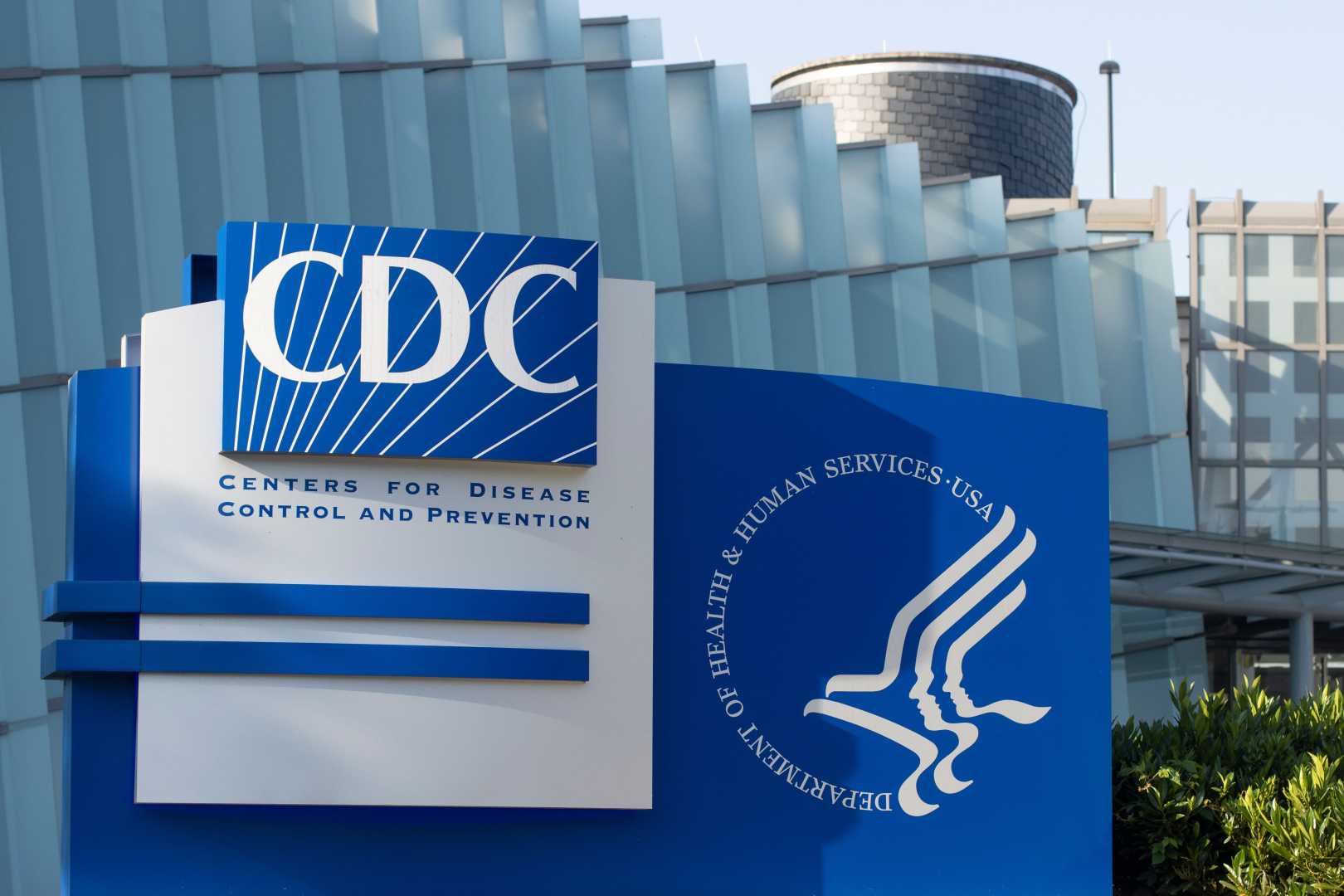Health
WHO Issues Urgent Guidance on Global Health Financing Cuts

GENEVA — The World Health Organization (WHO) reported on November 3, 2025, that severe cuts to global health funding are disrupting essential services in many countries. The new guidance, titled “Responding to the health financing emergency: immediate measures and longer-term shifts,” aims to help countries manage sudden funding reduction impacts.
According to WHO projections, external health aid will decline by 30% to 40% in 2025 compared to 2023. This is expected to severely affect low- and middle-income countries (LMICs). Recent WHO surveys from March 2025 showed that these funding cuts have led to a drop of up to 70% in critical health services like maternal care, vaccination, and disease surveillance.
Dr. Tedros Adhanom Ghebreyesus, WHO’s Director-General, emphasized the urgency of the situation. He stated, “Sudden and unplanned cuts to aid have hit many countries hard, costing lives and jeopardizing hard-won health gains.” He also noted that the situation presents an opportunity for nations to work towards self-reliance.
The guidance encourages national governments to prioritize health funding even during crises. It highlights persistent issues like rising debt, inflation, and reliance on external aid that exacerbate the funding crisis. “Health spending should be viewed not as a cost, but as an essential investment in stability and resilience,” Dr. Ghebreyesus added.
Countries are urged to cushion the immediate effects of foreign aid reductions and adjust to long-term changes in health financing. The new recommendations aim to enhance domestic funding efforts, improve health system resilience, and ensure the most vulnerable populations receive the necessary care and support.
To implement these changes effectively, WHO plans to launch the Universal Health Care (UHC) Knowledge Hub in December 2025 in partnership with the Government of Japan and the World Bank. This initiative aims to provide technical support and share best practices among countries.












